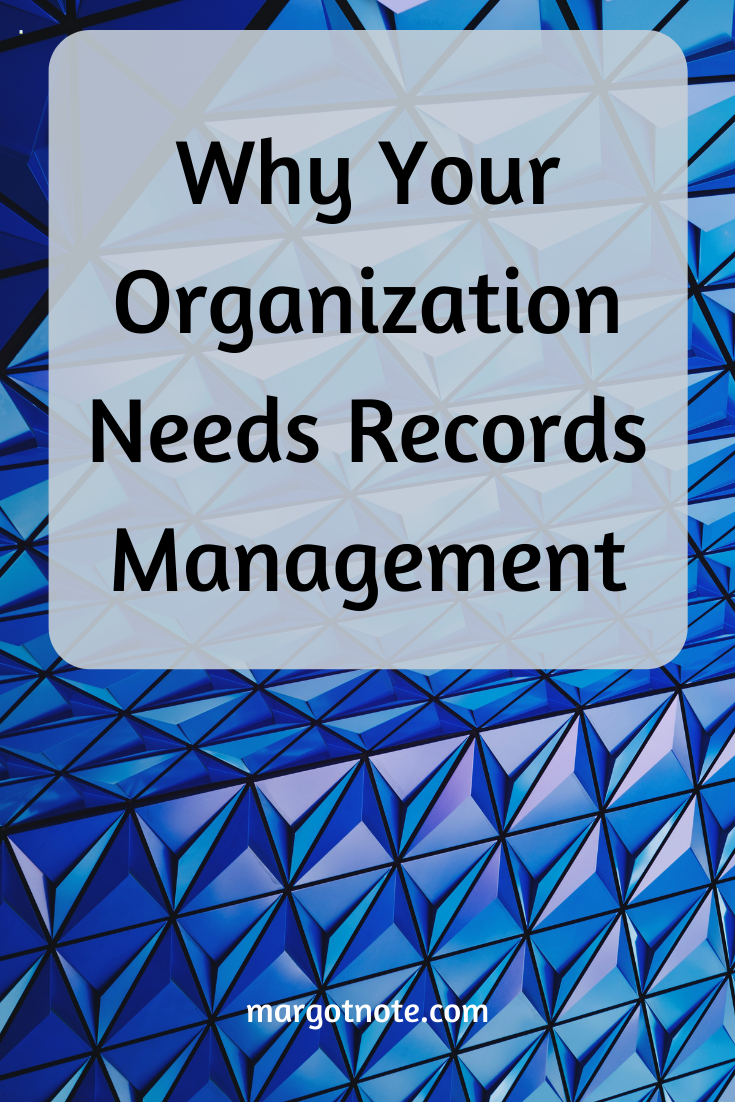The management of an organization’s current records is records management. Records managers identify and classify an organization’s records, monitor their use and storage, and facilitate access to them. Records policies outline the records management program’s authority, particularly legal mandates governing record creation and maintenance for administrative, legal, and fiscal purposes.
The lifecycle of an organization’s records, including creation, retention, and disposition instructions, is articulated in a records retention schedule. This document assigns responsibility for the creation of records and supports their disposition, or the length of time records are to be retained, whether temporary or permanent.
An organization’s records create its story. Materials created during business document a company’s founding, growth and change, define its corporate structure, and display its accomplishments. Records come in all media: paper, digital files, audiovisual recordings, photographs, prints, and any other format used for recording and accessing information.
Employees use current administrative, legal, and fiscal records for the completion of business activities. Once records have fulfilled the original purpose of their creation, they become inactive and are retained for certain periods per their records retention schedule.
It is unnecessary, risky, and expensive to keep all records permanently. However, some records are inherent to an organization’s fiscal, legal, and intellectual viability and the overall preservation of their heritage and should be permanently kept.
Get Started
Work with a records management expert. Learn more about how I might help you by clicking the contact button below.































